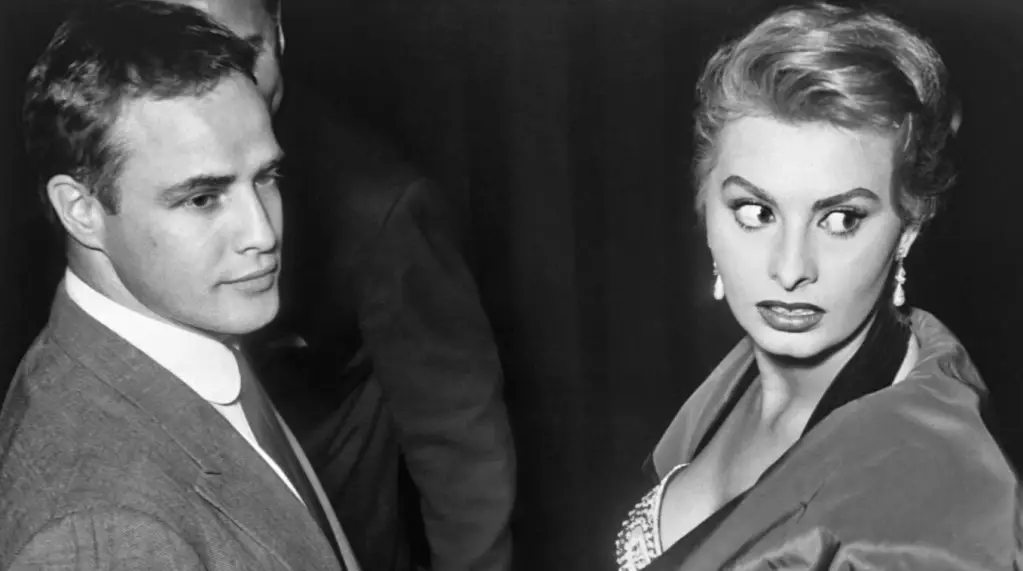In the realm of cinema, few figures evoke as much intensity and intrigue as Marlon Brando. His temperamental nature not only shaped his iconic roles but also dictated his interactions in the industry. One of the most telling incidents of his turbulent character occurred during the Italian premiere of his acclaimed film *On The Waterfront*. The experience left a lasting impression, revealing the deeper frustrations faced by actors dealing with international adaptations.
At the core of Brando’s ire was a lack of creative control. American actors often expect to have their original performances preserved, yet in this instance, Brando found himself silenced—his voice replaced by an Italian actor’s dubbing. For an artist who prided himself on his dedication to authenticity, this act of alteration was akin to an affront to his craft. As recounted by those close to him, the incident sparked an outrage that had him “staggering up from his seat”, feeling betrayed and “like a goddam freak in a sideshow.” Such vivid expressions of emotion underscore Brando’s commitment to his art; he was not merely a performer but someone whose identity was intricately tied to his work.
While Brando’s instinct was to flee the scene and sulk in disappointment, the narrative takes an unexpected turn. After a brief retreat to a nearby bar to gather his thoughts, he was convinced to return to the cinema—just in time for the applause. This duality in Brando’s pathos speaks volumes about the tensions many actors feel; the fragility of ego and the desire for validation often teeter on the edge of conflict. The crowd’s enthusiastic reception at the film’s conclusion illustrated that, despite the momentary slip into anger and frustration, audiences remained captivated by his performance, recognizing the brilliance that lay within the person behind the actor.
Brando’s tumultuous experience at this film premiere is more than just an account of a bad night; it serves as a reflection of the broader struggles within the film industry, particularly regarding cultural adaptation. Actors frequently face challenges that arise from differing perspectives on artistry, complicating their relationships with international markets. The situation highlights a persistent issue for stars—maintaining creative integrity while navigating a landscape that often prioritizes localization at the cost of originality.
The documentation of Brando’s experience by American authors Hank Kaufman and Gene Lerner in their memoir *Hollywood on the Tiber* sheds light on a pivotal moment in Italian film history and Brando’s role within it. Their observations not only narrate events but also provide context that deepens our understanding of the actor’s psyche and the emotions that fuel the medium he navigated. As the memoir, originally published in Italian in 1982, prepares for its English release, audiences are offered a chance to explore this complex portrait of Marlon Brando, a man perpetually at odds with the fragmented nature of his own existence as an artist.
Brando’s anger at a cinema reflects a much larger narrative about the nature of performance, the burden of an artist’s ego, and the global challenges faced within the ever-evolving landscape of cinema.

